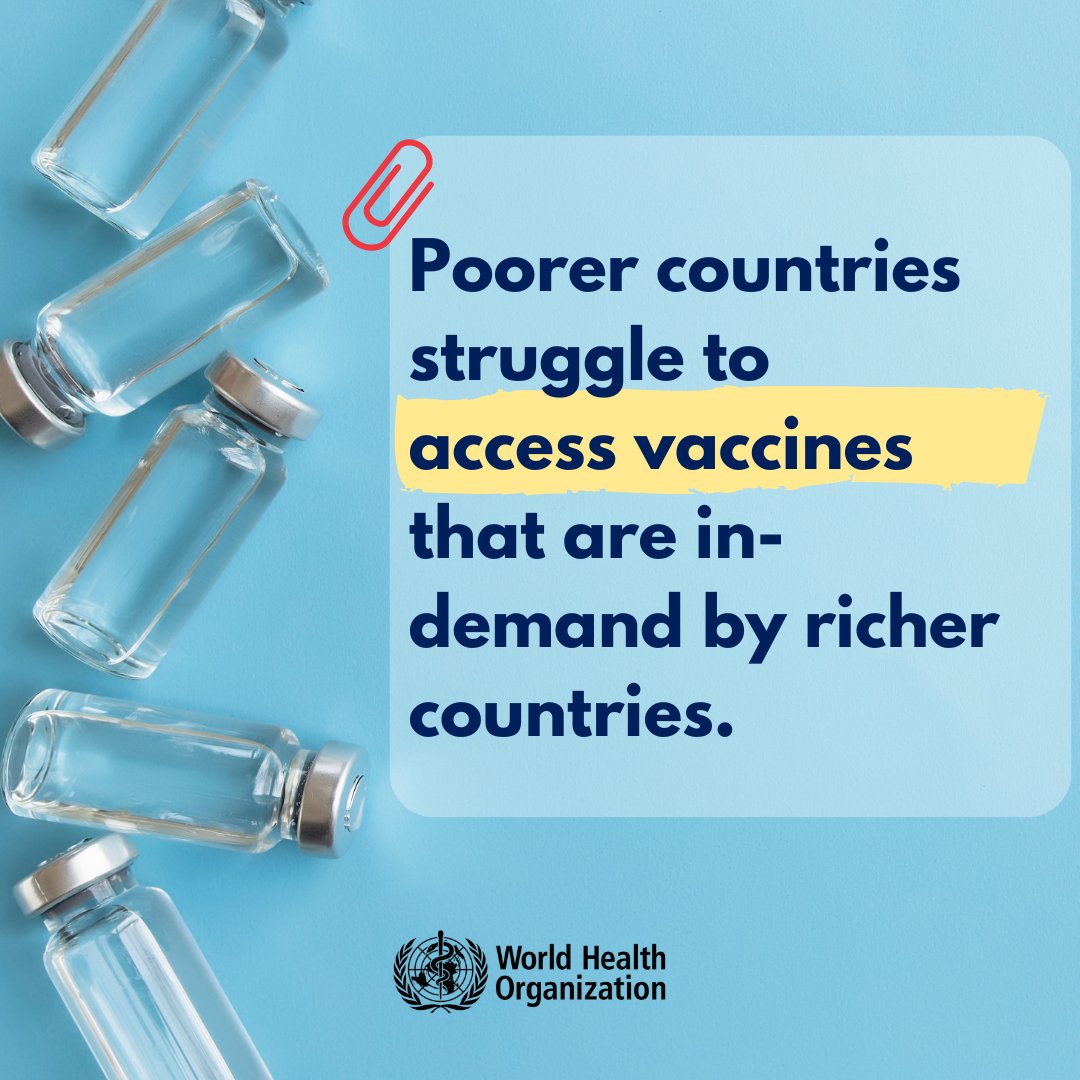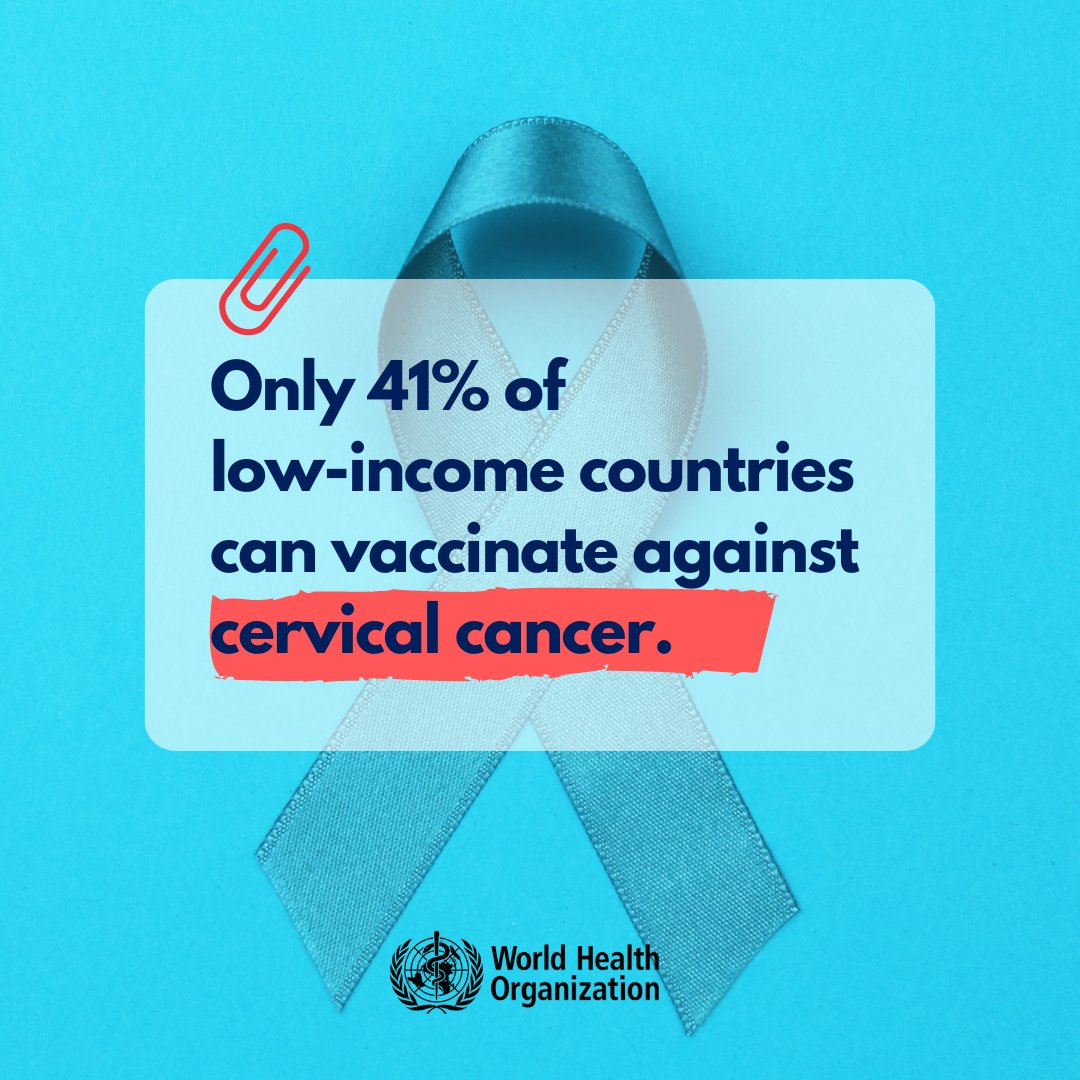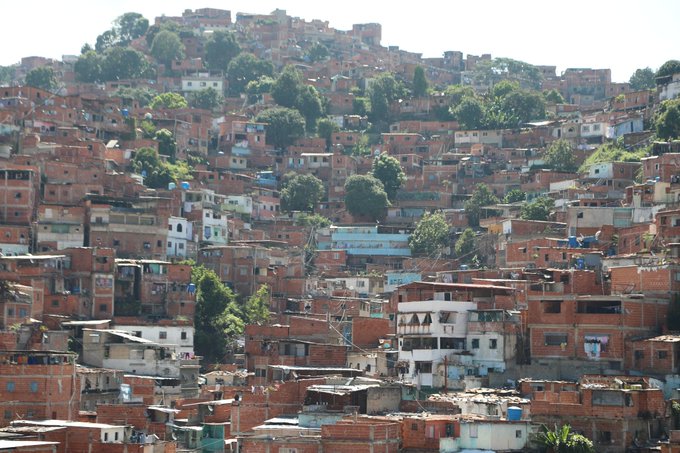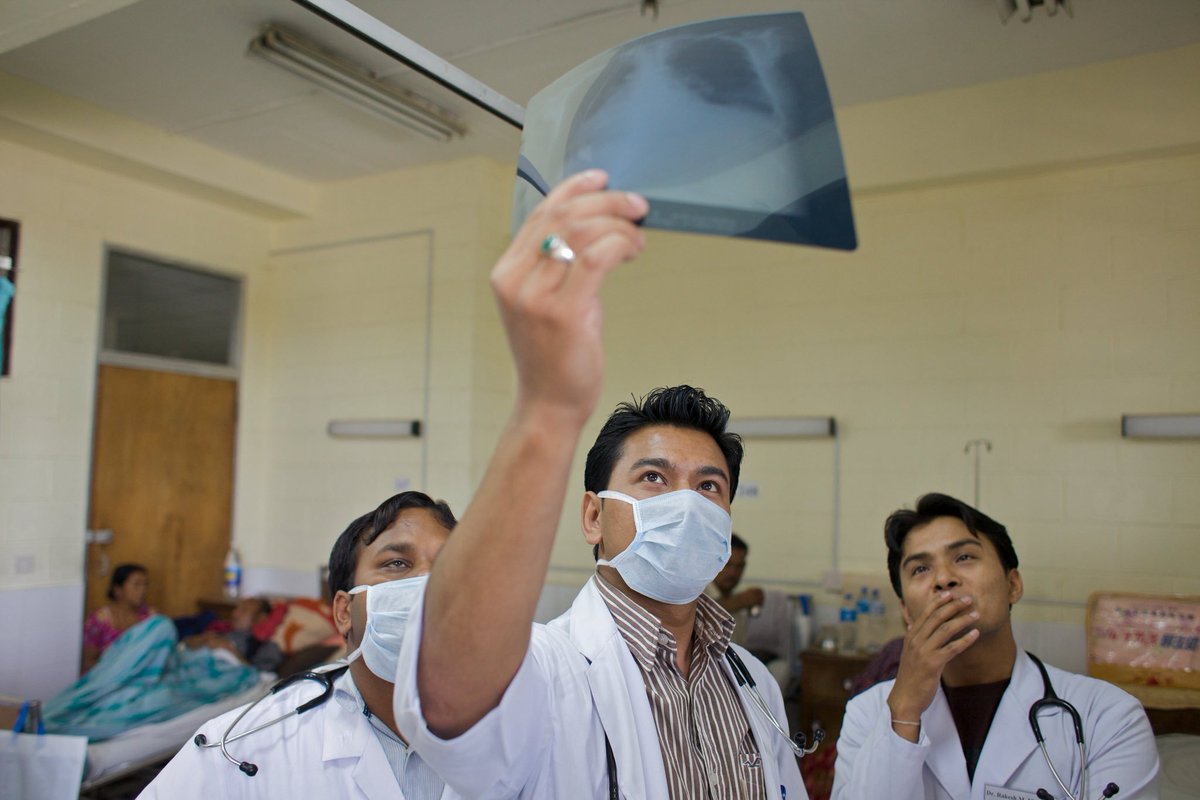
LIVE: Media briefing on global health issues with @DrTedros twitter.com/i/broadcasts/1…
"In recent weeks, we have spoken about a surge in #cholera outbreaks around the world. The latest country to be affected is #Lebanon, which is now suffering a severe outbreak after nearly 30 years without cholera"-@DrTedros
"Since the first [#cholera] case [in #Lebanon] was confirmed just over one month ago, the outbreak has spread across the country. There are now more than 2,700 cases, with 18 deaths"-@DrTedros
https://twitter.com/WHO/status/1590357051821412353?s=20&t=W-erk4gUcGOGed2-uPAzWw
@DrTedros "The [#cholera] outbreak reflects the ongoing economic crisis in #Lebanon, with poor access to safe water and sanitation services. WHO is concerned that this outbreak has the potential to overwhelm the already fragile and strained health system"-@DrTedros
@DrTedros "With the support of WHO, #Lebanon has received 600,000 doses of the #cholera vaccine from the global stockpile, although that’s not enough to protect all those at risk"-@DrTedros
@DrTedros "As we said in this briefing three weeks ago, the global #cholera vaccine stockpile is under huge pressure, with outbreaks in 29 countries around the world. To support our response to the outbreak in #Lebanon, WHO is appealing for $ 10.2 million"-@DrTedros
@DrTedros "135 confirmed and 21 probable cases of #Ebola have now been reported from 8 different districts in #Uganda, with 53 confirmed and 21 probable deaths. So far, 62 patients have recovered"-@DrTedros
@DrTedros "The government’s efforts to respond to the #Ebola outbreak in the district of Mubende, where the outbreak began, appear to be paying off. However, in the past two weeks, the majority of cases have been reported from the capital Kampala, and the district of Kassanda"-@DrTedros
@DrTedros "One case has also been reported from the district of Massaka, in the south of the country. The detection of cases in several different districts is clearly concerning"-@DrTedros #Ebola #Uganda
@DrTedros "Our primary focus now is to strengthen contact tracing, community engagement, and infection prevention and control measures"-@DrTedros #Ebola #Uganda
https://twitter.com/WHO/status/1590358525397848064?s=20&t=ubmtrTumYrBwmH2Tm9XPHA
@DrTedros "WHO is continuing to support the Government of #Uganda in every dimension of the #Ebola response, including establishing and equipping treatment centres, providing generators, training health workers and much more"-@DrTedros
@DrTedros "To fund our work supporting the Government of #Uganda to respond to the #Ebola outbreak, and to support neighbouring countries to prepare for any cross-border transmission, WHO is appealing for $ 88 million"-@DrTedros
@DrTedros "Just over 9,400 #COVID19 deaths were reported to WHO last week – almost 90% less than in February of this year, when weekly deaths topped 75,000"-@DrTedros
@DrTedros "We have come a long way, and this is definitely cause for optimism, but we continue to call on all governments, communities and individuals to remain 10,000 ten thousand too many, for a disease that can be prevented and treated"-@DrTedros #COVID19
@DrTedros "Testing and sequencing rates remain low globally, vaccination gaps remain wide, and the continued proliferation of new variants remains concerning"-@DrTedros #COVID19
https://twitter.com/WHO/status/1590359097245065217?s=20&t=ubmtrTumYrBwmH2Tm9XPHA
@DrTedros "WHO continues to urge caution, and we continue to urge everyone to be fully vaccinated – including getting your next dose if it’s due"-@DrTedros #COVID19
https://twitter.com/WHO/status/1590359169252864000?s=20&t=ubmtrTumYrBwmH2Tm9XPHA
@DrTedros "The number of weekly cases of #monkeypox reported to WHO has declined 80% from the peak in August, although there was a small rise last week, with 19 countries reporting an increase"-@DrTedros
"This week, WHO signed an agreement with SIGA Technologies, the developer of the antiviral tecovirimat, also known as TPOXX, for a donation of 2,500 treatment courses"-@DrTedros #monkeypox
@DrTedros "In the coming days, WHO will invite low- and middle-income countries to express interest in receiving tecovirimat free of charge"-@DrTedros #monkeypox
https://twitter.com/WHO/status/1590359715061854208?s=20&t=ubmtrTumYrBwmH2Tm9XPHA
@DrTedros "While this treatment is not approved in most countries, WHO has published a protocol that researchers can use to design and conduct clinical trials of tecovirimat and other medicines"-@DrTedros
https://twitter.com/WHO/status/1590359866643984385?s=20&t=ubmtrTumYrBwmH2Tm9XPHA
@DrTedros "In situations where trials are not in place, WHO recommends that tecovirimat be considered for use under a different protocol to promote the collection of data on the drug’s effectiveness"-@DrTedros
https://twitter.com/WHO/status/1590359954401415174?s=20&t=ubmtrTumYrBwmH2Tm9XPHA
@DrTedros "Cholera, Ebola, COVID-19 and monkeypox are all reminders of the life-saving power of vaccines. With vaccines, we have eradicated smallpox, pushed polio to the brink, and once-feared diseases like diphtheria, tetanus, measles and meningitis are now easily prevented"-@DrTedros
@DrTedros "And yet according to WHO’s Global Vaccine Market Report, published today, most of the vaccines that are most important for responding to outbreaks of deadly diseases could face supply risks globally"-@DrTedros bit.ly/3G1od4v
https://twitter.com/WHO/status/1590360216146968577?s=20&t=ubmtrTumYrBwmH2Tm9XPHA
@DrTedros "Historically, vaccine supply has not kept up with demand, and it’s usually low-income countries that miss out"-@DrTedros bit.ly/3G1od4v
@DrTedros "Shortages and inequitable distribution of the HPV vaccine against #cervicalcancer mean that it has been introduced in 83% of high-income countries, but only 41% of low-income countries, even though they account for the greatest share of all cervical cancer cases 🌍"-@DrTedros
@DrTedros "Meanwhile, in middle-income countries, affordability of vaccines is a significant barrier to access. Many pay as much – or even more – than wealthier countries for the same vaccines"-@DrTedros bit.ly/3G1od4v
@DrTedros "Although manufacturing capacity worldwide has increased, it remains highly concentrated, as the #COVID19 pandemic has demonstrated. Ten manufacturers provide 70% of the world’s vaccines"-@DrTedros bit.ly/3G1od4v
@DrTedros "The 🌍 supply of the combination vaccine against measles, mumps & rubella is highly dependent on just two manufacturers. Meanwhile, there are no vaccines for many of the diseases that hit low-income countries hardest because there is no profit to be made"-@DrTedros
@DrTedros "WHO is calling on governments around the world to:
-expand research and manufacturing outside its traditional centres
-increase investment in, and oversight of, vaccine manufacturing and distribution
-agree on rules to collaborate on sharing vaccines equitably"-@DrTedros
-expand research and manufacturing outside its traditional centres
-increase investment in, and oversight of, vaccine manufacturing and distribution
-agree on rules to collaborate on sharing vaccines equitably"-@DrTedros
@DrTedros "We’re also calling on the industry to invest in research on WHO priority pathogens, to improve transparency on pricing and capacity, and to facilitate technology transfer to manufacturers in low- and middle-income countries"-@DrTedros
bit.ly/3G1od4v
bit.ly/3G1od4v
• • •
Missing some Tweet in this thread? You can try to
force a refresh



















